- IDP China>
- 课程库>
- 自然科学>
- 自然科学与物理学>
- 生物科学>
- Bachelor of Science and Doctor of Medicine - Immunology and Pathology
理学学士和医学博士学位-免疫学和病理学
Bachelor of Science and Doctor of Medicine - Immunology and Pathology

学历文凭
Dual Degree

专业院系

开学时间

课程时长

课程学费

国际学生入学条件
IDP—雅思考试联合主办方

雅思考试总分
了解更多
雅思考试指南
- 雅思总分:
- 托福网考总分:
- 托福笔试总分:
- 其他语言考试:
CRICOS代码: 079218G
申请截止日期: 请与IDP顾问联系以获取详细信息。
课程简介
Our double degree allows school leavers who have achieved exceptional results to commence a three-year undergraduate science degree followed by the four-year Doctor of Medicine (MD). With a deeper understanding of the scientific fundamentals that underpin medicine, you will be better prepared for any career in medicine from specialisation to research and teaching. As a Bachelor of Science student you will be taught by the best and most dedicated scientific thinkers, including members of the Australian Academy of Science, Australian Research Council Fellows and many staff members who have won prestigious prizes such as the Prime Minister's Prizes for Science and Eureka Prizes. You will learn in world-class facilities, including the multi-million-dollar Sydney Nanoscience Hub building and the Charles Perkins Centre for diabetes, obesity and cardiovascular disease. The Doctor of Medicine is fully accredited by the Australian Medical Council. Graduates are eligible for provisional registration as interns in any Australian state or territory, and in New Zealand.The immune system is an integrated network of cells and specialised organs that can respond to external and internal pathogens that threaten normal physiological status. It can be mobilised in a highly regulated manner to protect humans from infections and cancer while simultaneously being the underlying mechanism of major acute and chronic pathologies. The Immunology and Pathology major examines how it is that our immune system can be both the cause and the cure of disease in humans and animals. This is important, as an understanding of immunological and pathological mechanisms allows us to think about how our immune system can be manipulated to prevent and treat disease. This major draws together studies in immunology, pathology, anatomy, histopathology (advanced imaging technologies), microbiology, biology, biochemistry, and physiology. Studies in immunology and pathology are important because they are leading to advances in clinical medicine and clinical science, and the development of new treatments for disease including drugs, vaccines and immuno-therapies. In addition, immunopathological techniques are widely used in biology, histopathology, endocrinology, microbiology, cell and molecular biology, neurobiology and genetics.Graduates with a major in this area may proceed to honours and postgraduate study or they may find employment as immunologists or pathologists in hospitals, in public and industry research laboratories specialising in immunology, cell biology and biotechnology, and in other biomedical sciences such as pathology, biochemistry, pharmacology, microbiology and molecular biology.
相关申请
 预科
预科 奖学金
奖学金 实习机会
实习机会 在校学习
在校学习 跨境学习
跨境学习 校园授课-线上开始
校园授课-线上开始 在线/远程学习
在线/远程学习
学校排名

世界排名60
数据源:泰晤士高等教育世界大学排名
关于悉尼大学

位于澳大利亚首都的悉尼大学是举世闻名的机构,一直名列世界前20名大学之列(2024年QS世界大学排名)。在2022年QS毕业生就业能力排名中,悉尼大学的毕业生也位居澳大利亚第一和世界第四。来自世界各地的学生进行本科和研究生水平的学习。学生可以在澳大利亚最广泛的课程和学科中选择。该大学提供超过400个学习领域供学生选择,大学5门学科位居世界前十名,另外还有28门学科位居世界前50名(2022年QS世界大学学科排名)。通过实习和工作经验以及通过大学海外项目进行国际交换(包含在学位内的可选项目),从而增加了学生的就业机会。学生将在支持和启发的环境中学习和发展,大学会提供给学生大量的服务,这包括学术和专业支持,残疾服务,保密咨询服务,健康服务还有财务援助办公室提供服务。学生还可以参加由悉尼大学学生会(USU)运营的250多个校园俱乐部和社团,从体育运动到文化团体应有尽有。校园内有许多可供学生使用的设施,其中包括带奥林匹克规格温水游泳池的健身室和攀岩中心。此外,还有美术馆、博物馆、咖啡馆、餐厅和酒吧供学生休闲。学生还可以使用南半球最大的学术图书馆。悉尼是世界上最优秀的城市,根据《经济学人》2021年安全城市指数显示,悉尼被评为第四大最安全的居住地,当地的学生体验得以丰富和提升。
本校相关课程

Graduate Certificate in Clinical Dentistry - Advanced Restorative
学历文凭
Graduate Certificate
开学日期
课程费用总额

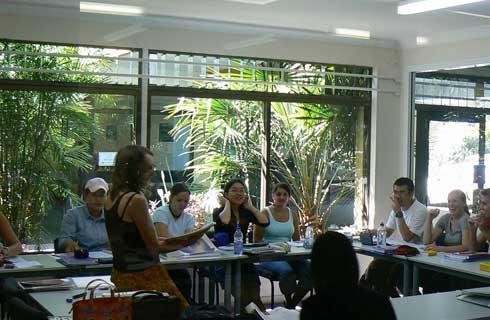
Graduate Diploma in Clinical Dentistry - Advanced Restorative
学历文凭
Graduate Diploma
开学日期
课程费用总额


城市和区域规划研究生文凭
学历文凭
Graduate Diploma
开学日期
课程费用总额


教育硕士
学历文凭
Masters Degree (Coursework)
开学日期
课程费用总额

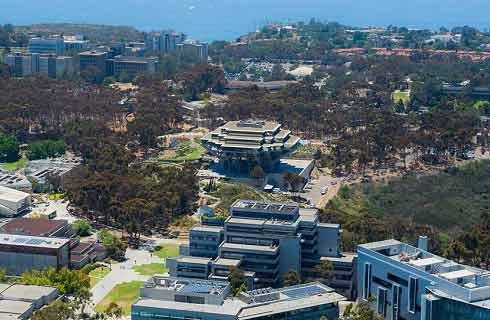
专业工程学硕士(电力)
学历文凭
Masters Degree (Coursework)
开学日期
课程费用总额

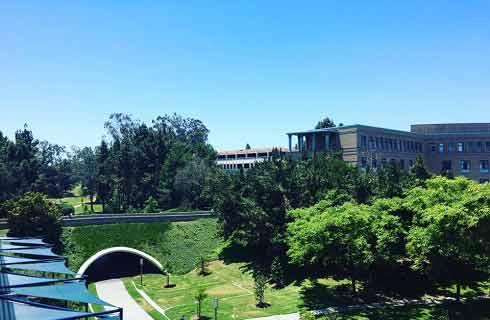
专业工程学硕士(电信)
学历文凭
Masters Degree (Coursework)
开学日期
课程费用总额

其他相关课程

MBBS医学
 东安格利亚大学
东安格利亚大学学历文凭
Bachelor Degree
开学日期
课程费用总额

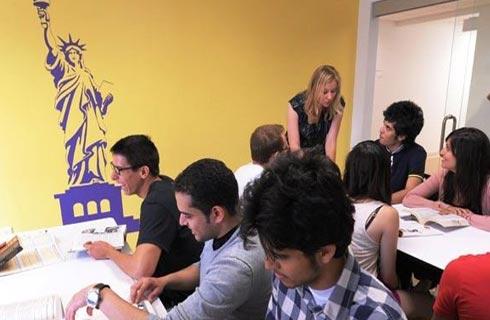
MSci (Hons) Medicinal Chemistry with Industry
 英国女王大学
英国女王大学学历文凭
Bachelor Degree
开学日期
课程费用总额

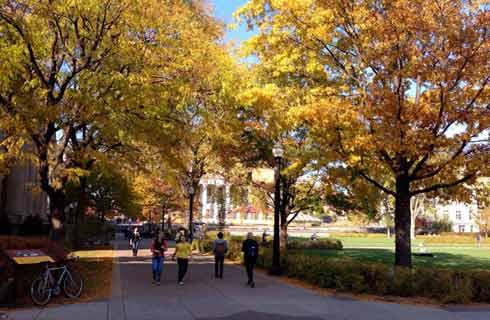
理学学士(荣誉学位)-药物化学
 奥克兰大学
奥克兰大学学历文凭
Bachelor Degree with Honours
开学日期
课程费用总额


MSc Medical Microbiology
 赫特福德大学
赫特福德大学泰晤士高等教育世界大学排名:765
学历文凭
Masters Degree (Taught)
开学日期
课程费用总额

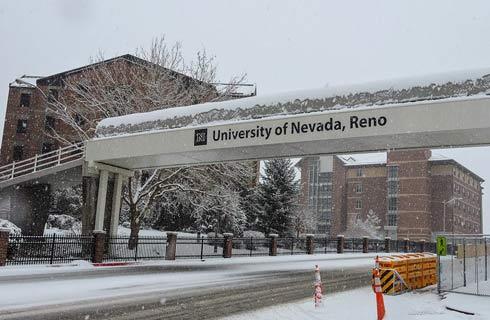
诊断病理学硕士
 堪培拉大学
堪培拉大学泰晤士高等教育世界大学排名:470
学历文凭
Masters Degree (Coursework)
开学日期
课程费用总额


生物科学与生物医学(学位课程)理学学士学位
 兰卡斯特大学
兰卡斯特大学泰晤士高等教育世界大学排名:185
学历文凭
Bachelor Degree with Honours
开学日期
课程费用总额


























